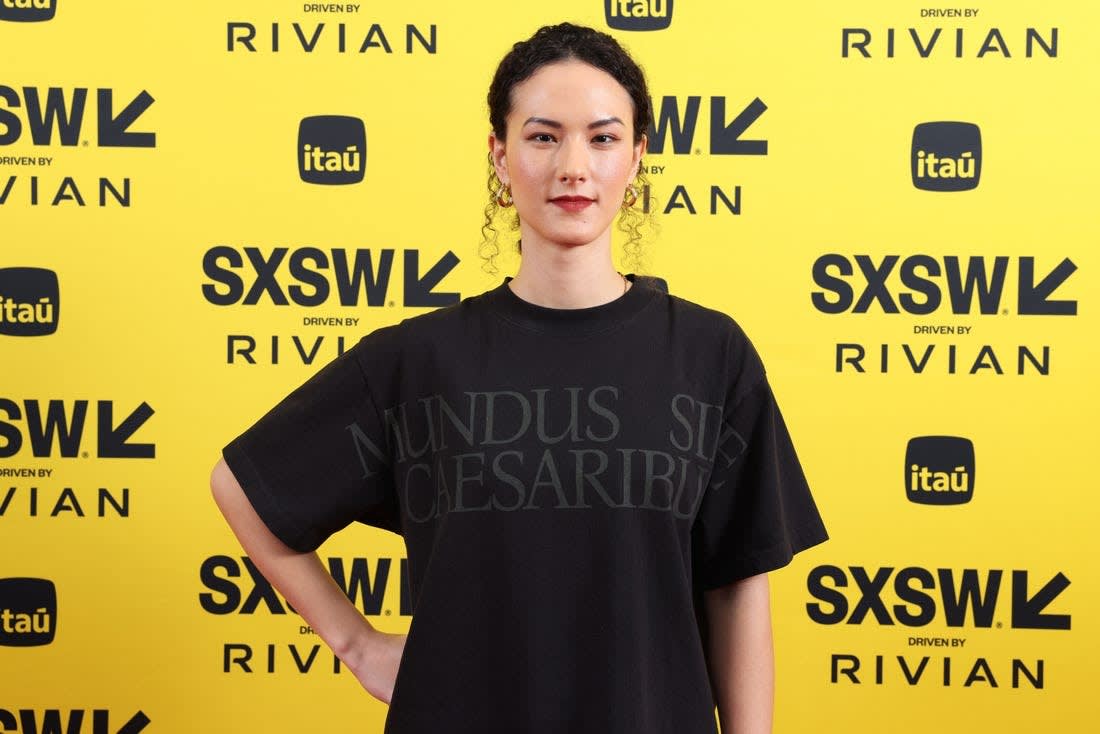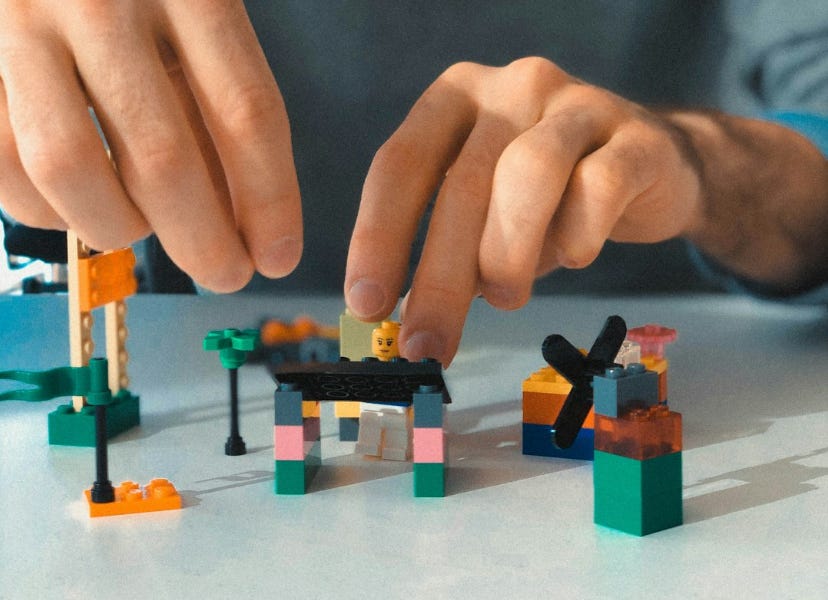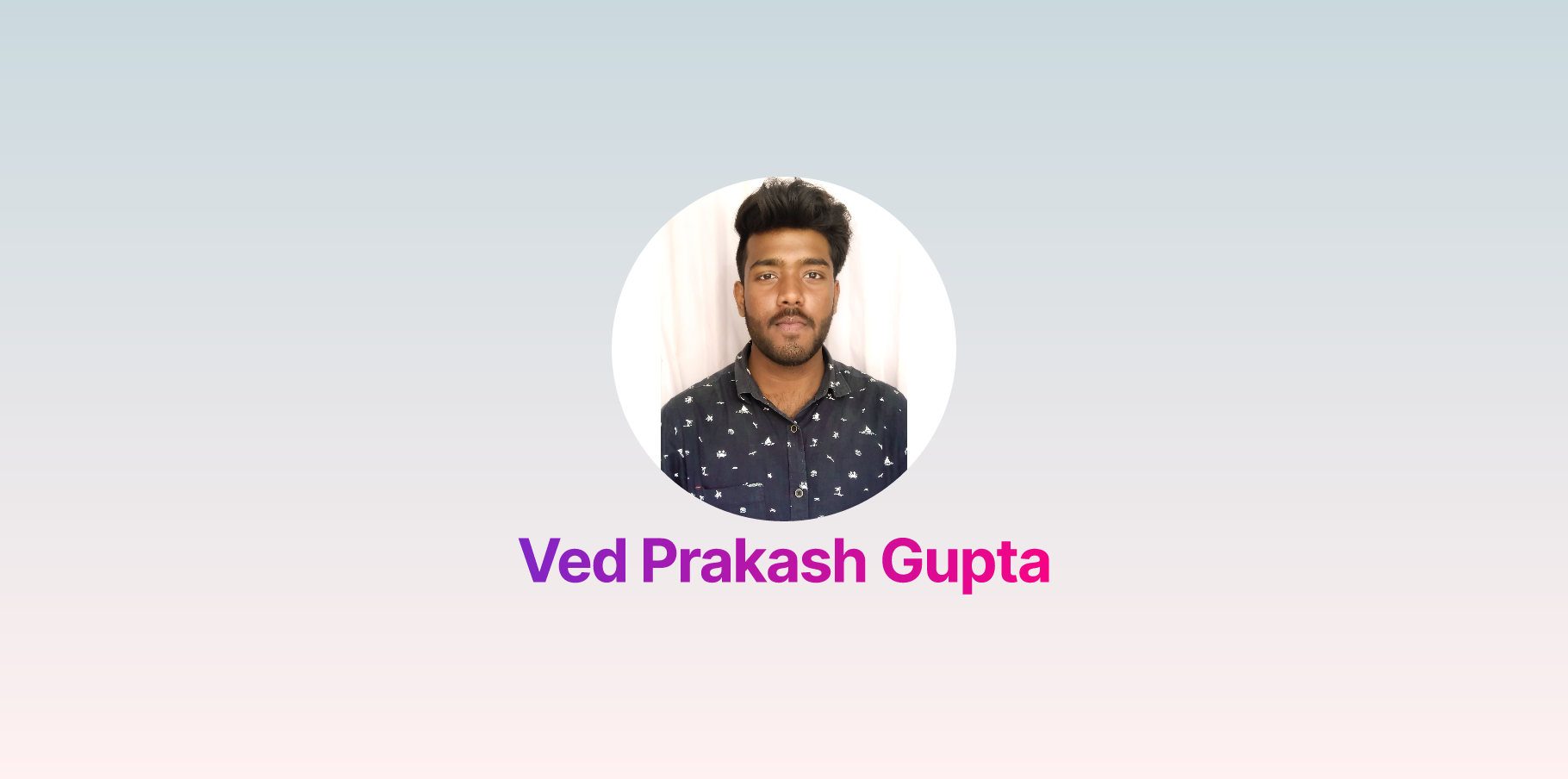I’ve been sitting with the photos I haven’t posted since I, a longtime power user and former Meta employee of nearly 15 years, permanently deleted my Instagram and Facebook accounts earlier this year.
There’s certainly a huge amount of fear to sign out for the last time, grief over what I’ll miss by leaving and even more grief that it’s taken this long. As an employee for 15 of the 20 years I was a user, I was so convinced that I could make a difference, so I fervently bailed water out of a sinking ship — focused only on the bucket in my hands. I wasn’t giving people the power to build community, but helping inauthentic fence builders accumulate power for power’s sake. I am so sorry.
From Virtue Signaling? Why I’m Deleting Facebook
Protest is foundational to democracy and involves both showing up proactively and withdrawing strategically–like attending today’s ‘No Kings’ demonstrations, consumer boycotts of Target post DEI-reversal, and last month’s collective action against ABC and Disney when they took Kimmel off the air for making a joke the President and his allies did not like.
When it comes to the internet, and most advertising-based social platforms, our attention is the currency. Every scroll, every minute spent feeds the economic engine that lines the pockets of billionaire tech bros, like Mark Zuckerberg, who last year compared himself to the Roman dictator Julius Caesar with a shirt he wore at Meta’s Connect Developer Conference. It read “Aut Zuck aut nihil,” a riff on the phrase “Aut Caesar aut nihil,” which translates to “Either Caesar or nothing.”
Either total dominance or nonexistence. When Zuckerberg wears this remake, he’s not positioning himself as a facilitator of connection or a steward of community. He’s claiming an empire. This matters because empires extract value upward—from territories, from subjects, from resources. On Meta’s platforms, we are those resources. Our photos, our connections, our attention, our children’s developing minds.
The same impulse that drives us into the streets to declare ‘No Kings’ could also drive us to withdraw our labor—in this case, our digital labor of content creation and attention—from those who would crown themselves emperors of our online lives.
The same company that internal documents show knew its platforms harmed young people’s mental health chose to prioritize engagement metrics over user welfare. The emperor metaphor is tone-deaf—it’s also revealing. While 42 state Attorneys General take action against Meta for knowingly deploying manipulative features that harm kids, its CEO literally wears his imperial ambitions.
Meta publicly frames its mission around connection (“bring the world closer together,” etc.), enabling creativity, empowering users. For someone trying to present themselves as an advocate for users or community, the shirt suggests the opposite: it’s his empire, and an empire requires extractable subjects, and value flows upward, not outward. When the CEO tells us that they see themselves as a Caesar, believe them.
When we post our photos, share our thoughts, or even lurk and scroll, we generate:
Ad revenue with every impression served
Training data for AI systems
Network effects that keep others locked in, peer pressure that this is the “only option”
Social legitimacy for platforms increasingly hostile to our values
Unlike physical goods that exist after purchase, platforms need our continuous participation to survive. They require fresh content, active users, and ongoing engagement. Without us, they’re empty architecture.
And without us, advertisers leave, too. Every person who leaves makes the platform less attractive to brands who need engaged audiences. We can accelerate this by directly pressuring companies about their ad spending—asking brands why they’re funding platforms that harm kids, that undermine democracy, that see us as subjects rather than citizens. But even without pressuring advertisers, our absence speaks. Our absence makes advertising on Meta’s platforms less valuable.
Perfect ethical consumption under late capitalism is a myth, and I’m not here to pretend otherwise. We all make compromises based on our circumstances, our needs, our geography, our finances. The difference with social platforms is this: switching costs are remarkably low. When I stopped posting to Instagram, I just... stopped.
I wish I could tell you that my life only improved after leaving Instagram and Facebook. While there have been huge benefits, I also miss it a lot. I haven’t found an alternative that replaces my Instagram grid. It was where I chronicled my life. It would be a really great place to grow my Substack–I mean, really great place. But all of these benefits feel extremely hollow when I consider that Meta knows it’s destroying young peoples’ mental health, grovels to authoritarians, and stands for free speech only when it benefits them.
When will we stop seeing social platforms as a “necessary evil” and instead as they are, unnecessary evils?
How do we share life without enriching billionaires?
Direct Connection:
Email photos directly or use shared drives
Create ongoing group threads for life updates
Write a newsletter for your friends, family, or community
Meet in person to share stories and images
For some of us, myself included, digital social spaces offer an opportunity to engage on our own terms where socializing IRL might be more difficult. If you struggle with phone calls or in person meetups, there are other options online, too.
Emerging Alternatives:
Bluesky and the AT Protocol: This matters because AT (Authenticated Transfer Protocol) means you own your social graph. You can leave Bluesky tomorrow and take your followers with you to any AT-compatible platform.
Bluesky CEO, Jay Graber, showed up to SXSW this year in a black t-shirt similar to Zuck’s that read “Mundus sine caesaribus,” which is Latin for “a world without Caesars.”
Tribela: In Beta, explicitly positions itself against monopolistic practices. Their website says, “Tribela is rethinking the design of social media from the ground up. We are creating a space where safety, creativity, and control come first.”
CEO, Natalie Boll, told Authority Magazine, “I launched Tribela because I saw the harm social media was having on young people and knew a safer, more ethical platform was possible.”
Other federated networks: Mastodon, Pixelfed—no single owner can sell or corrupt.
What alternatives do you use? What’s working?
Our choice is between empire and community. Between “Aut Caesar aut nihil” and “Mundus sine caesaribus.”
I want a world where “subjects” stop being harmed while being told it’s good for them. A world without Kings, and a world without Caesars.
Thank you for reading Overturned. My articles and essays are always free, but you can support me by engaging on Substack, sharing with your network, and becoming a free or paid subscriber.
.png)









